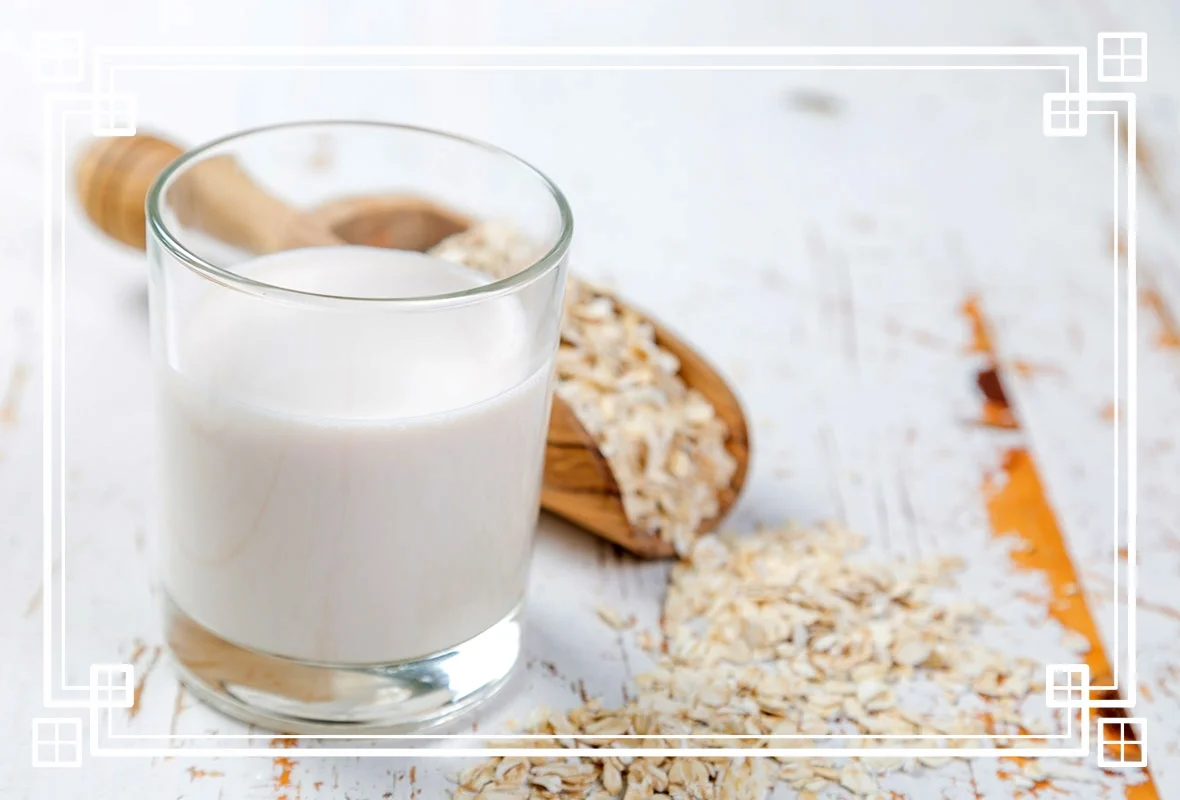The 411 On Late-Night Snacking
Late-night eating is generally discouraged, since the body may process food differently at various times of the day. If you eat before bed, your body is more likely to store calories as fat rather than convert it to energy.
Here's the scoop on late-night snacking and some healthier snack options:
Nighttime is when you're least metabolically active and is the main reason you shouldn't eat large amounts in the evening. Dinner should be your lightest meal of the day and should be consumed 2-3 hours before bed to give your body ample time to digest.
If you find that you're consistently hungry late at night, you might not be eating enough earlier in the day. Start the day with a breakfast high in fiber, protein and calories. Avoid skipping meals and ensure each meal has an adequate amount of calories, carbohydrates, protein, fat and fiber to keep you full. You can also try eating a light meal or snack every 3-5 hours.
Sometimes our desire to eat late at night is rooted in something else, such as stress or other emotional issues, habit or boredom. Often we reach for food without processing what we are actually feeling. If it's not physical hunger, what is causing you to want to eat? Be intentional with your eating and work on making conscious decisions.
If you do have a late-night snack, go for smart carbs, healthy fats and protein. A fulfilling after-dinner snack consists of one or a combination of the following: protein to curb hunger (such as 1/2 cup of Greek yogurt or an ounce of cheese), filling healthy fats (like 1/4 cup nuts or a quarter of an avocado), and smart carbohydrates made with whole grains and filled with giber (such as 2-3 cups of plain popcorn). You can also try trail mix, oatmeal, or crackers with hummus. It's important to avoid caffeine, as well as spicy and greasy foods that can upset the stomach and lead to poor sleep quality.





